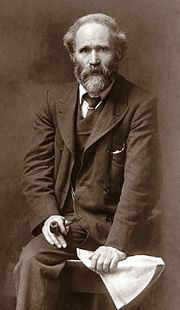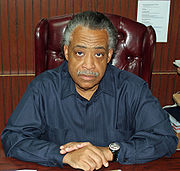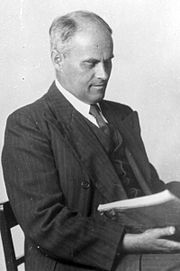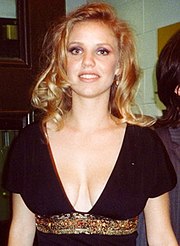Design
Design
Personality
Chart Properties
Your Cross represents the specific theme of your life. This cross embodies your unique potential & the lessons you're here to learn, providing a roadmap to fulfilling your life purpose.
We use the UTC birth time and date to do the calculations required to generate your Human Design chart.
Buy Tokens
Pay as you use, no expiry and no subscription required.Prompt Ideas
Get inspired with some epic prompt ideas.Umm Kulthum's Biography
Egyptian singer, songwriter, and film actress active from the 1920s to the 1970s. She was given the honorific title Kawkab al-Sharq (Star of the East). Umm Kulthum was born into a family with a religious background as her father Sheik Ibrahim Al-Sayyid Al-Baltagi was an imam.
At the age of 16, she was noticed by Mohamed Abo Al-Ela, a modestly famous singer, who taught her the old classical Arabic repertoire. A few years later, she met the famous composer and oudist Zakariyya Ahmad, who invited her to come to Cairo. Although she made several visits to Cairo in the early 1920s, she waited until 1923 before permanently moving there. She was invited on several occasions to the house of Amin Beh Al Mahdy, who taught her to play the oud, a type of lute. She developed a close relationship with Rawheya Al-Mahdi, Amin’s daughter, and became her closest friend. Amin Al Mahdi introduced her to the cultural circles in Cairo, where she carefully avoided succumbing to the attractions of the bohemian lifestyle and, indeed, throughout her life, stressed her pride in her humble origins and upholding conservative values. In 1924, she was introduced to the poet Ahmed Rami, who was to write 137 songs for her and also introduced her to French literature eventually becoming her head mentor in Arabic literature and literary analysis. Until 1972, for about half a century she gave at least one monthly concert. Umm Kulthum’s monthly concerts were renowned for their ability to clear the streets of some of the world’s most populous cities as people rushed home to tune in.
Umm Kulthum died on 3 February 1975, aged 70, from kidney failure. Her funeral procession became a national event, with around 4 million grief-stricken Egyptians lining the streets to catch a glimpse as her cortège passed.
Critics and journalists note that while she was known to have touched many different artists, she had also touched the lives of millions of her listeners and fans. Her performances combined raw emotion and political rhetoric; she was greatly influential and spoke about politics through her music. An example of this is seen in her music performed after World War II. The theme at the surface was love, yet a deeper interpretation of the lyrics – for example in the song “Salue Qalbi” – reveals questioning of political motives in times of political tension. Umm Kulthum’s political rhetoric in her music is still influential today, not only in Egypt, but in many other Middle Eastern countries and even globally.
Link to Wikipedia biography
Your Cross represents the specific theme of your life. This cross embodies your unique potential & the lessons you're here to learn, providing a roadmap to fulfilling your life purpose.
We use the UTC birth time and date to do the calculations required to generate your Human Design chart.
Giuseppe Alberto Bruni Tedeschi
4/6 Emotional - Solar Plexus Manifesting Generator

Jackie Gleason
1/3 Emotional - Solar Plexus Manifesting Generator

Keir Hardie
5/1 Sacral Generator

Al Sharpton
1/4 Splenic Projector

Siegfried Rösch
2/4 Emotional - Solar Plexus Manifesting Generator





